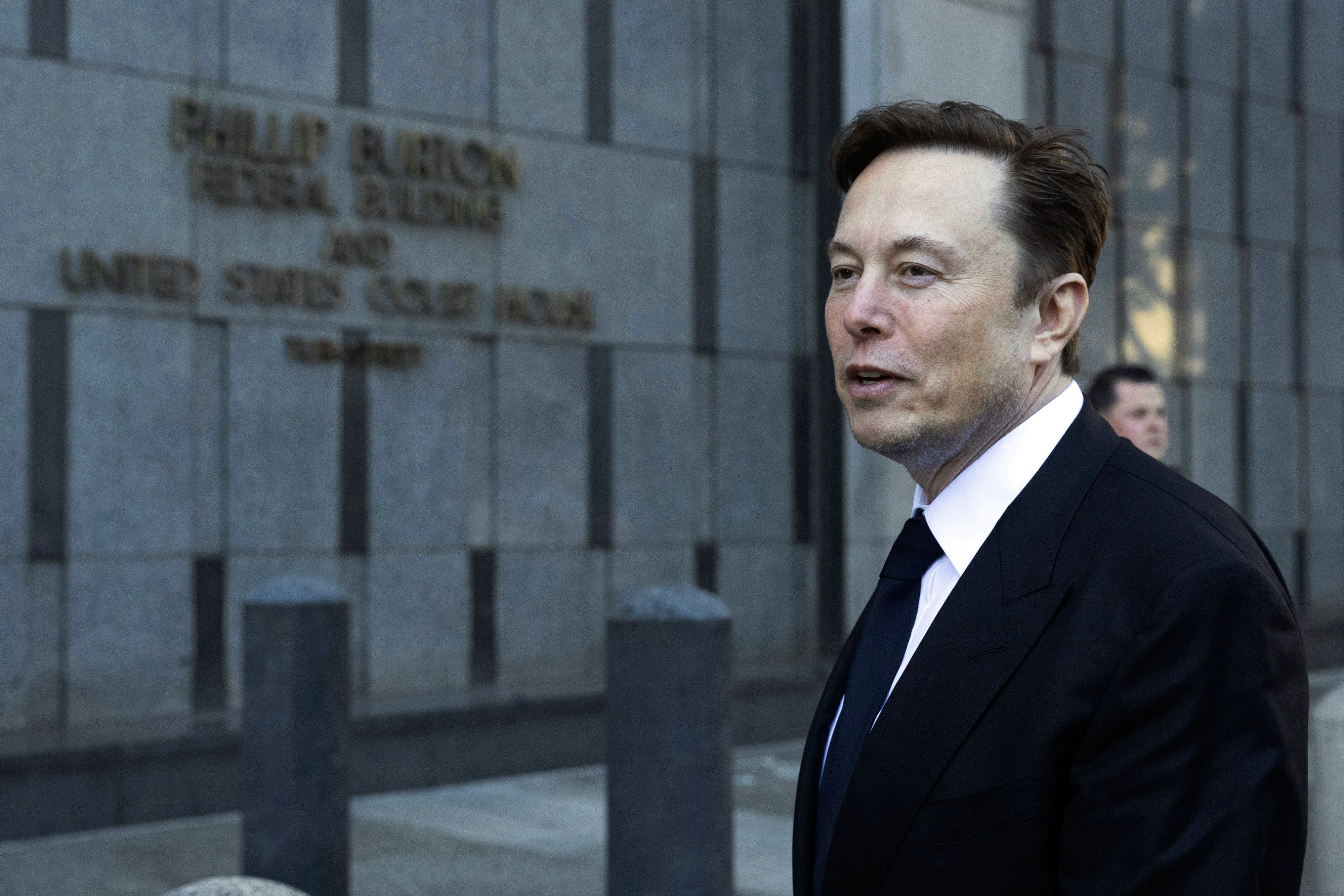Elon Musk’s Neuralink probed over shipment of ‘contaminated’ devices from ‘infected’ monkey brains
Elon Musk’s brain-implant company Neuralink is being probed over its shipping methods after an animal rights group contacted the U.S. Department of Transportation

Your support helps us to tell the story
From reproductive rights to climate change to Big Tech, The Independent is on the ground when the story is developing. Whether it's investigating the financials of Elon Musk's pro-Trump PAC or producing our latest documentary, 'The A Word', which shines a light on the American women fighting for reproductive rights, we know how important it is to parse out the facts from the messaging.
At such a critical moment in US history, we need reporters on the ground. Your donation allows us to keep sending journalists to speak to both sides of the story.
The Independent is trusted by Americans across the entire political spectrum. And unlike many other quality news outlets, we choose not to lock Americans out of our reporting and analysis with paywalls. We believe quality journalism should be available to everyone, paid for by those who can afford it.
Your support makes all the difference.Elon Musk’s brain-implant company Neuralink is being probed over its shipping methods after an animal rights group contacted the U.S. Department of Transportation, U.S. officials said.
The Physicians Committee for Responsible Medicine said that public records show untrained Neuralink employees transported “contaminated” devices that were removed from the brains of “infected” monkeys without safely packaging them. The incidents are said to have taken place in 2019 at the University of California, Davis, where experiments on rhesus macaques were performed.
Neuralink is one of many groups working on linking brains to computers, efforts aimed at helping treat brain disorders, overcoming brain injuries and other applications.
The origins of the technology dates back to the 1960s, but significant advances have been made in recent years.
Late last year, in a livestreamed “show and tell” presentation, Musk said his team is in the process of seeking approval from U.S. regulators to test his company's device. He said at the time that the company should be able to put the implant in a human brain as part of a clinical trial in about six months, though that timeline is far from certain.
The Physicians Committee for Responsible Medicine said medical files it obtained for the monkeys suggest that transported neural devices may have been contaminated with antibiotic-resistant pathogens including Staphylococcus and Klebsiella, which can cause pneumonia, bloodstream infections, and meningitis. The group said the devices have also have been contaminated with Corynebacterium ulcerans, an “emerging human pathogen” that can produce fatal diphtheria. The devices may also have come from monkeys infected with Herpes B.
“The records suggest that Neuralink’s sloppy practices pose a danger to public health and safety,” Deborah Dubow Press, Esq., associate general counsel with the Physicians Committee, said.
Neuralink, based in Fremont, California did not immediately respond to a request for comment from The Associated Press.
The Transportation Department's Pipeline and Hazardous Materials Safety Administration is conducting the investigation.